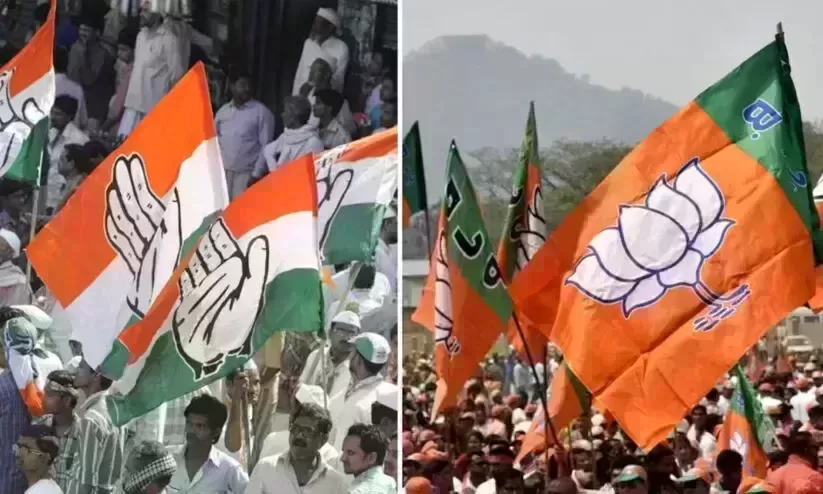
Traders' union moves SC over WhatsApp's updated privacy policy
text_fieldsNew Delhi: A Writ Petition has been filed in the Supreme Court on Saturday with the prayer to direct WhatsApp to withdraw its new privacy policy. The petition was filed by The Confederation of All India Traders (CAIT),one of the largest trader's union in India.
The petition drafted by Advocate Abir Roy and settled and filed in Supreme Court by Advocate on Record Vivek Narayan Sharma says that the new privacy policy by Facebook owned WhatsApp is encroaching upon various fundamental rights of the citizens granted by the Constitution of India including fundamental right of privacy which is vested under Article 21 of the Constitution
The petition prayed that the Union of India must frame guidelines to govern big technology companies like WhatsApp and frame policies which would protect the privacy of citizens and businesses. According to the petition the updated policy is also violative of the statutory scheme envisaged under the Information Technology Act, 2000
Petitioner prays to Court that WhatsApp be directed to retract their updated privacy policy of January 2021 with immediate effect, and the users should be allowed to give an informed consent for collection of their personal data. Also Whatapp be directed to allow relevant Indian Authorities to carry out 'Technical Audits' of their data centres, where the data of Indian Users are stored.
The petition especially highlights the difference of approach in EU and India countries with respect to the privacy policy of WhatsApp and how the data of Indian users can be misused by such big tech companies.
CAIT National President B.C. Bhartia and Secretary General Praveen Khandelwal charged that WhatsApp has adopted the approach of 'my way or high way' which is arbitrary, unjustified, unconstitutional and cannot be accepted in a democratic country like India. WhatsApp has been fraudulently collecting personal user data.
At the time of its launch, WhatsApp attracted users based on the promise of non-sharing of user data and strong privacy principles.
In 2014, after the acquisition of WhatsApp by Facebook, when the users had started doubting the privacy of their data and were in fear that their personal data will be shared with Facebook, WhatsApp promised that nothing would change in the privacy policy after the acquisition.
However, in August 2016, WhatsApp retracted from its promise and introduced a new Privacy Policy which severely compromised the rights of its users and made the privacy rights of users completely vulnerable, CAIT said.
Under the new privacy policy, it allowed the sharing of personal data with Facebook and all its group companies for commercial advertising and marketing. Since then, the company has been altering its policies to collect and process a wider range of information, and share the same with the third party applications.
The CAIT will not allow any corporate or conglomerate to enforce its 'obnoxious policies and sinister designs' to make profit in an unethical manner by firing from the shoulder of the people of India, added its petition.
Earlier, on Thursday the new WhatsApp privacy policy was challenged in Delhi High Court too. The petition filed by Advocate Chaitanya Rohilla, stated that the updated Policy of WhatsApp gives the Company virtually a 360-degree profile into a person's online activity.
On January 10, CAIT had demanded Indian government to either immediately restrict WhatsApp from implementing the new policy or put a ban on WhatsApp and its parent company Facebook citing the reason that its ultimate object seems to control trade & economy of India beside.
(With inputs from agencies)
























